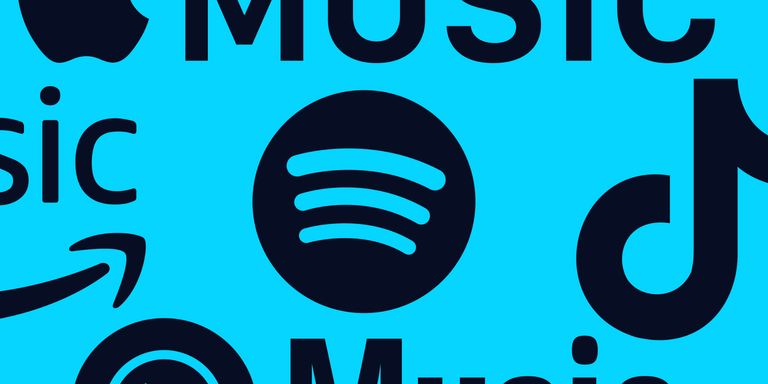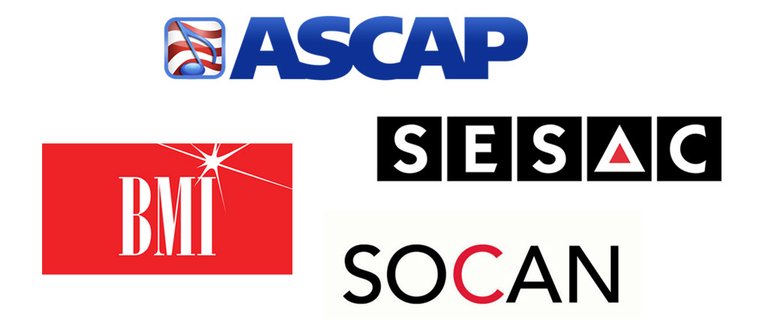
Today, I want to dive into something that’s crucial for all songwriters and artists out there: how to collect all of your royalties, not just a portion. If you’ve got music on Spotify, Apple Music, or other streaming platforms, this is for you.
First things first, if you’re wondering how artists get their music on those platforms, it’s through distribution services like TuneCore, CD Baby, DistroKid, or Amuse. These platforms help you distribute your music to Digital Service Providers (DSPs) like Spotify, Apple Music, Amazon Music, Pandora, and TikTok. However, simply getting your music out there is just the beginning. The next step is understanding how royalties work.
The Two Types of Royalties
There are two primary types of royalties you need to be aware of: performance royalties and mechanical royalties. These are often referred to in different terms, like master rights and songwriting royalties, but the key takeaway is that there are two streams of income you need to collect.
When you distribute your music through a service like DistroKid or TuneCore, you’re typically only collecting about 50% of the royalties you’re entitled to. That’s because these services primarily pay out performer royalties. So, what happens to the other half? That’s where joining a Performance Rights Organization (PRO) comes in.

Get With a PRO Company
If you’re serious about collecting all of your royalties, you need to sign up with a PRO like ASCAP, BMI, or SESAC. These organizations help you collect the other half of your royalties—specifically, your publishing royalties. I personally use ASCAP, and after paying a one-time membership fee, you can start collecting these royalties.
How to Register Your "Works"
Once you’re signed up with a PRO, the next step is to register your works, which is just a fancy term for your songs. When registering, you’ll need to list all the details: song title, artist name, and most importantly, the songwriters involved.
Every member of your band should have their own PRO account because each member who contributed to the songwriting needs to be credited. In my band, we split the songwriting credits evenly, no matter who wrote the majority of the song. This keeps everyone motivated to put in their best effort, knowing they have an equal stake in the song’s success.
Setting Up Publishing
On the publishing side, I recommend starting your own publishing company and registering it with your PRO. This allows you to collect your publishing royalties directly. When you register a work, you’ll enter both the songwriting and publishing information, linking your accounts. This ensures that royalties from streaming and other sources are directed to the right place—your accounts.
Getting Publishing Back From Labels
Here’s a little story from my experience: I was working with a label that had a maintenance fee, and after we decided to pause their services, I thought we had terminated the contract. Turns out, the label was still collecting 50% of our publishing royalties because we hadn’t officially terminated the agreement. For almost two years, they were collecting royalties on an entire album’s worth of music. It wasn’t until we officially terminated the contract in writing that we got those rights back.
If you’ve worked with labels in the past, make sure you check your contracts. You might be able to get your publishing rights back, but it may involve some legal or financial steps. It’s worth the effort, especially if the music still brings in revenue.
Get Help With Your Music Business
If this all sounds overwhelming, don’t worry—I offer coaching through my Musicians Ignite program, where I help artists navigate these kinds of issues. You can find more information and resources on my website, musicianmastery.com. And if you’re looking for more in-depth guidance, I’ve got courses that cover all aspects of running a music business.
I hope this post has been helpful in shedding light on how to collect all your royalties. If you found value in this, consider subscribing to my YouTube channel and leaving a comment. I’d love to hear your thoughts and any topics you’d like me to cover in future posts.
Thanks for reading, and I’ll see you in the next one!